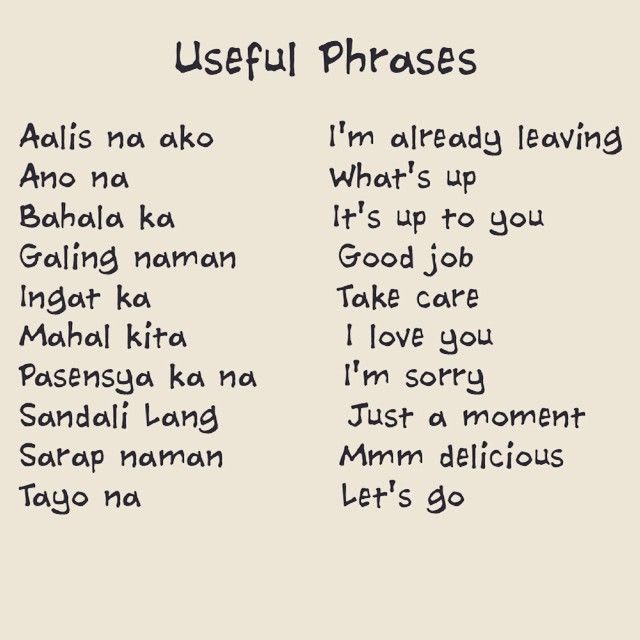
Consider this with major translation projects covering thousands of pages for a corporation, perhaps in a legal case or financing deal. Instead, this is about where your data is going, where it is stored. This isn’t just about unfortunate machine mistranslations causing embarrassment or damage to brand equity. Consider what you or your colleagues may be sending out of your organization through the open source solutions. We need to remember the old adage, “if you are not paying for the product, you are the product”. Providing these documents to all employees will ensure that you are in compliance with EEOC guidelines. If the employer has limited resources, it should make sure at a minimum that its EEO, no-harassment, no-retaliation, open-door/grievance, and safety/work rules are available in other languages or that it can otherwise prove that this information has been explained to the employee in a way that he or she can understand. Employers should translate their employee handbooks, disciplinary documents, and warning signs and have access to a translator. The Equal Employment Opportunity Commission (EEOC) found that a college campus discriminated against janitors by failing to translate employment policies and disciplinary documents into Spanish. Here are the 8 top reasons not to use free online translation programs: Is it worth it to save a little bit of money if your end translation project will be illegible, grammatically incorrect, awkward and unprofessional? We strongly disagree.

At The Spanish Group, we understand that the lure of Google Translate or other online translation programs can often seem more appealing than professional translation services-of course, it's free! Ironically, Google Translate’s free service comes at a price.


 0 kommentar(er)
0 kommentar(er)
